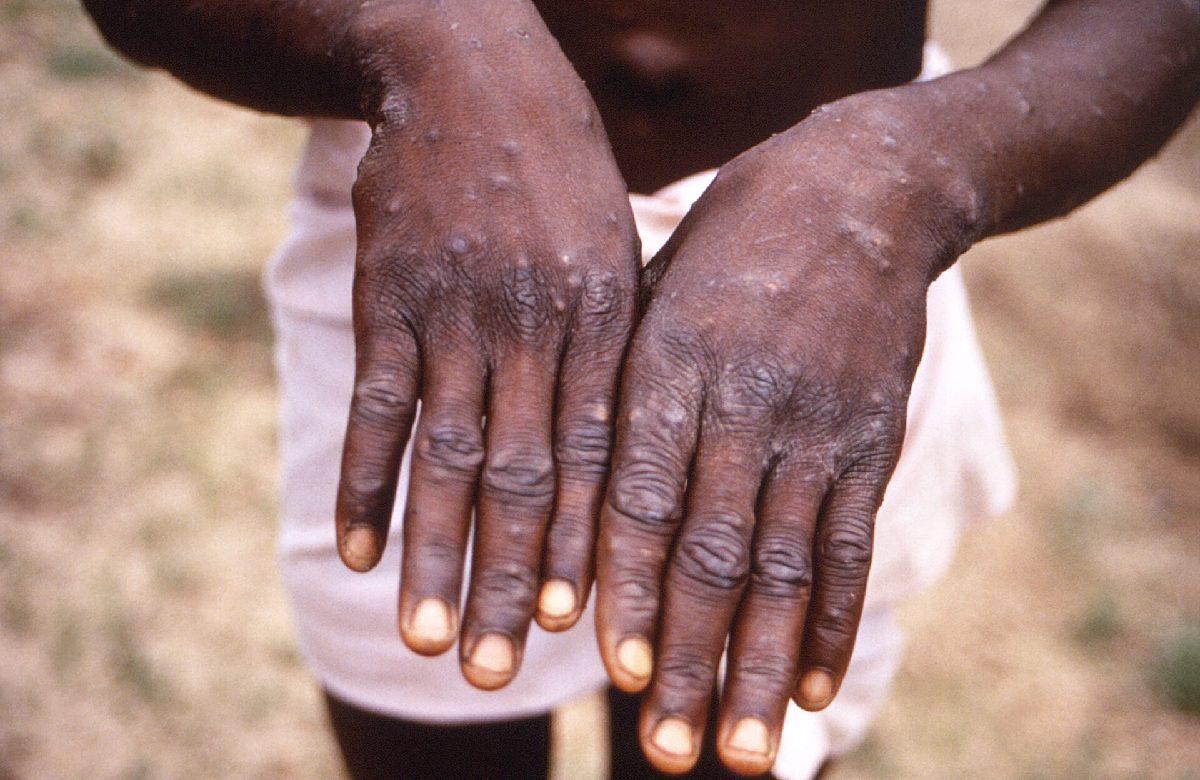
UNICEF, the World Health Organization (WHO), and partners have been working on the growing concerns of Mpox. Yesterday, the team rolled out the first vaccines in some of the high-priority provinces in DRC, i.e., the Democratic Republic of the Congo. MVA-BN mpox vaccine doses were injected into a large group fighting against mpox.
The province of North Kivu began immunizing its citizens today. South Kivu will follow suit tomorrow, followed by Tshopo on October 7 and Equateur on October 8. Soon after, vaccination campaigns would begin in the remaining two provinces.
Over 30,000 probable cases of mpox and over 900 deaths have been reported in the DRC in the last nine months. This outbreak primarily affects children under the age of 15, who make up about 60% of suspected cases and 80% of deaths.
In India, the number of cases reported is very few as some major precautions have been taken by GOI.
Mpox, also known as Monkeypox, is a virus that causes irritation to the skin and rashes. Close contact with an infected person is the primary way that mpox is disseminated. It can also spread from animal to human.
Fever, rash, headache, muscle ache, and swollen lymph nodes are a few signs and symptoms of mpox.
Rashes can be painful and turn into blisters with pus causing a lot of irritation. Remember, not every person who has mpox experiences every symptom.
If you get in close contact with any person infected with the virus via sores, scabs, respiratory droplets, or oral fluids, there is a high chance of mpox being spread. For example, hugging, kissing or sex are also some of the channels via which you can get infected.
Additionally, recent contaminated items like clothing, bedding, and other linens used by an infected person or animal might spread the mpox virus to you.
Mpox is a self-limited illness that improves on its own in two to four weeks. After making a diagnosis, your doctor will keep an eye on you, work to manage your symptoms, keep you hydrated, and prescribe medication to treat any secondary bacterial infections that may arise.
Your doctor may recommend antiviral medications like tecovirimat or cidofovir if you’re extremely ill. Researchers still need to find out more about how well these medications work for mpox, even though they are approved to treat other viral illnesses like smallpox.
*Note: Do not consume any medicine without a doctor’s prescription or approval.
Apart from vaccines, a few natural ways that can help prevent the spreading of mpox, include:
Speak with your doctor if you:
Reach out to a nearby hospital immediately. Here are a few more things to do for your rash:
Steps for Your Mental Health
For more such updates, subscribe to our newsletter.
People are constantly complaining about bad air quality in different regions of India. With the…
We have already talked about mud therapy's benefits in constipation, skin health, and weight management.…
The National Library of Medicine has labeled Vitamin D as a "sunshine vitamin" as it…
Constipation is emerging as a common health problem affecting millions of people. The reason behind…
Naturopathy and nutritional medicine are frequently associated in the context of holistic health. They both…
Anxiety is a common mental health issue that happens to people all across the world.…